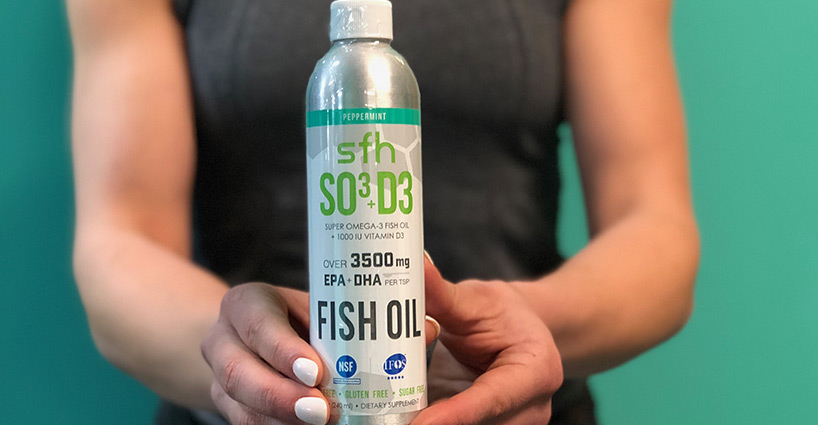Is breakfast the most important meal of day?
Is it bad to eat dinner too close to bed time?
Isn’t my post workout meal the most essential?
Does meal/nutrient timing matter?
That’s just a small sampling of some very common questions surrounding meal significance.
But here’s the reality: the “most important meal of the day” doesn’t really exist.
Sure, starting your day with a balanced breakfast can help set you up for well-regulated hormonal function and blood sugar throughout the day. But evidence ALSO suggests that the same might be true for those who may prefer fasting through breakfast.
Sure, eating really close to bed time might disrupt sleep patterns for some, but there’s also a REALLY strong population of individuals who actually sleep better throughout the night when they eat closer to bed time. It’s also true that metabolic function is not halted or impacted by late night snacks or meals.
Sure, post workout nutrition is important and helps repair muscle tissue and replenish glycogen stores that may have been depleted during your training session. We even developed a guide to PWO nutrition for you guys a couple weeks ago! But that doesn’t mean it’s THE MOST important meal of the day and takes priority your other feeding periods.
As far as meal/nutrient timing goes, it literally does not matter in the grand scheme of things. Your body isn’t going to just stop processing what you feed it because the sun went down, or because you prefer to eat 3 large meals as opposed to 6 smaller ones. That’s simply not how our biology works.
It’s ALL about energy balance.
In the realm of nutrition, consider energy balance (calories in/calories out) as the base of the pyramid.
Following that would be the composition of those calories through the three primary macronutrients (all of our food is made up of either protein, carbohydrates, or fat – or a combination of the three). Calories + macronutrient makeup will be the biggest drivers of body composition.
Past that, we’re looking at micronutrients and the quality of our calories. If calories and macros drive body comp, micronutrients drive our internal health and longevity. For example: 100 calories worth of broccoli and 100 calories worth of Sour Patch Kids both present our bodies with the same exact number of carbohydrates, and will both be ultimately turned into sugar through the same exact biological process. And while body composition may not be impacted, we reap more long term benefits through the micronutrient availability of the broccoli. That’s not to say you shouldn’t choose ever choose the candy (in fact, we encourage you to lead a balanced lifestyle void of restriction and deprivation), but we certainly encourage you to emphasize micronutrient intake in your dietary approach.
Plain and simple: the science behind energy balance is fixed
Meaning there is no “most important meal”. They all matter, as what matters most is your TOTAL average intake of first calories, followed by the macronutrient (and micronutrient) makeup of those calories.
Eat 2 meals. Eat 6 meals. Hell, eat 10 meals. If your average caloric and macronutrient intake is the same, it doesn’t matter how or when you divvy it up.
Need additional nutrition support or guidance? Don’t miss out on our completely free Nutrition Blueprint!



